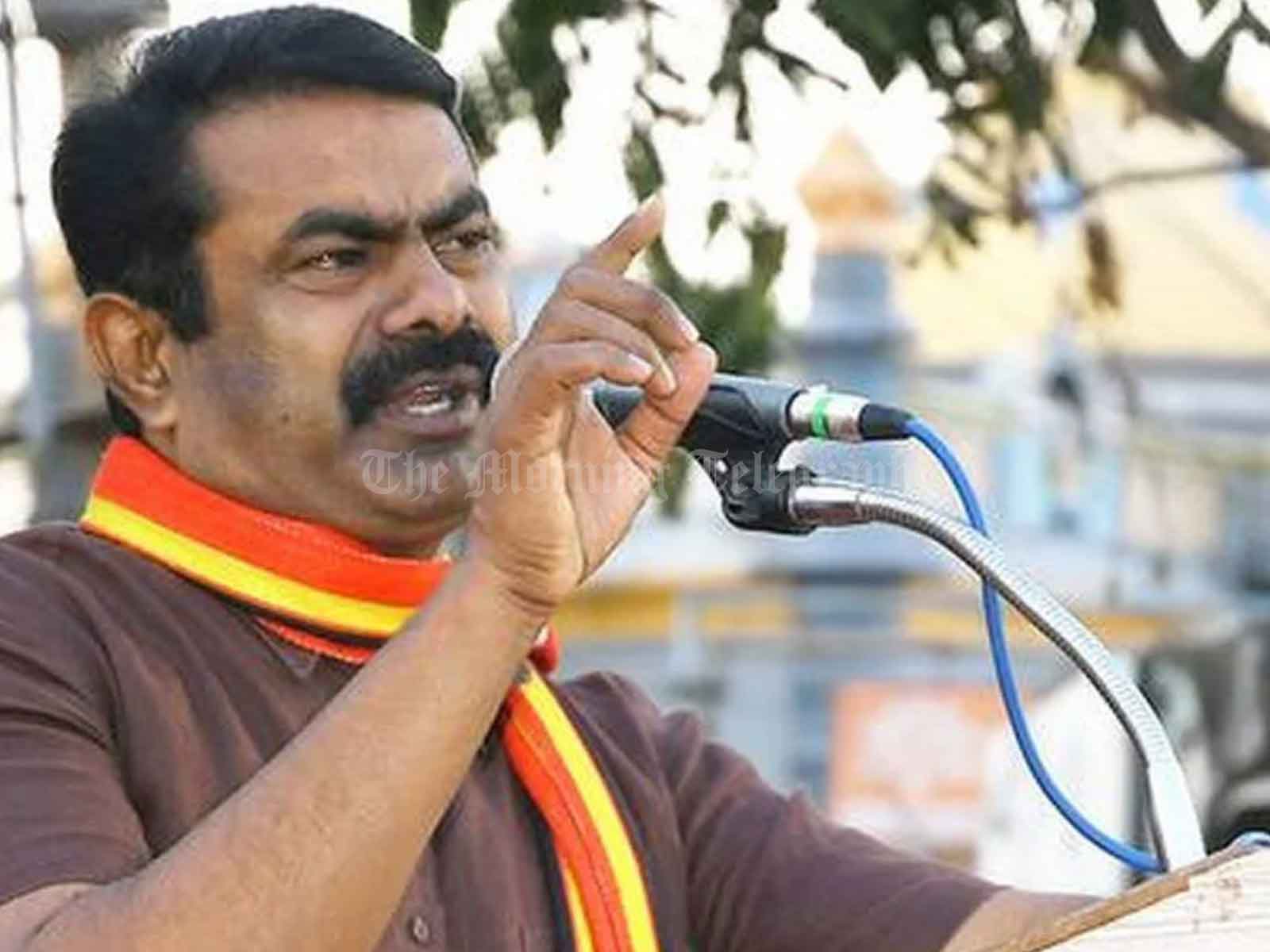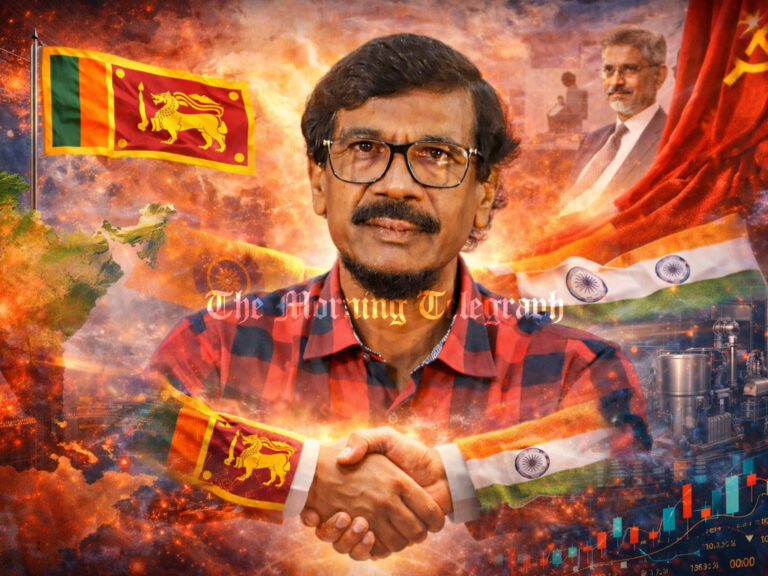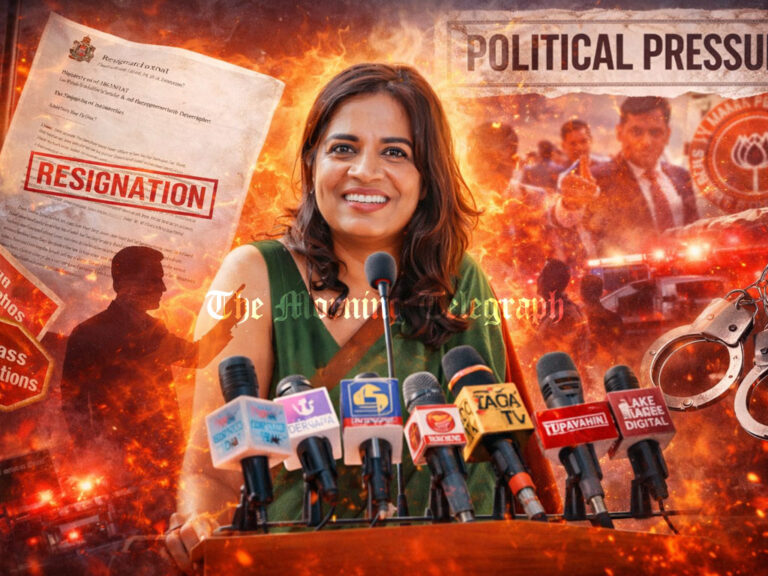
Naam Tamilar Katchi (NTK) leader Seeman intensified his demands on Monday for the Indian government to impose economic sanctions on Sri Lanka and reclaim the islet of Katchatheevu, which has long been a source of dispute between Indian and Sri Lankan fishing communities. Speaking at Thoothukudi airport, Seeman referenced a recent statement by Sri Lankan President Anura Kumara Dissanayake, who cautioned that Indian fishermen who cross the maritime boundary will face strict repercussions. According to Seeman, this rhetoric signals potential escalation in Sri Lanka’s actions against Tamil Nadu fishermen who frequently fish in the contested waters.
Seeman condemned the Sri Lankan government’s past actions, accusing it of targeting Tamil fishermen, including instances of shooting at them and destroying their fishing equipment. He questioned whether Sri Lanka intended to implement even harsher penalties and raised the fundamental question of whether Indian fishermen have the right to fish freely in the Indian Ocean.
To resolve the issue, Seeman advocated for the imposition of economic sanctions on Sri Lanka, emphasizing that this pressure would safeguard the livelihoods of Tamil fishermen. He further argued for reclaiming Katchatheevu, an uninhabited islet that was ceded by India to Sri Lanka under the 1974 Indo-Sri Lankan agreement. Although the agreement allowed Indian fishermen to fish around the islet, Tamil Nadu’s fishing community has long claimed that this cession limits their fishing rights and exposes them to potential conflict with Sri Lankan authorities.
Beyond this specific issue, Seeman criticized ongoing projects under the current DMK-led state government, asserting that they were initiated under the previous AIADMK administration but are now rebranded with the DMK’s “Rising Sun” symbol, as if to project permanence. He remarked that the Dravidian parties’ alliances and symbols are a means of political survival rather than a true representation of Tamil nationalism. Emphasizing his belief in Tamil nationalism as distinct from Dravidianism, Seeman accused these parties of abandoning Tamil identity in favor of short-term political gains.
He also raised a separate concern over the use of agricultural students in land survey projects, calling this approach inappropriate and potentially exploitative.




